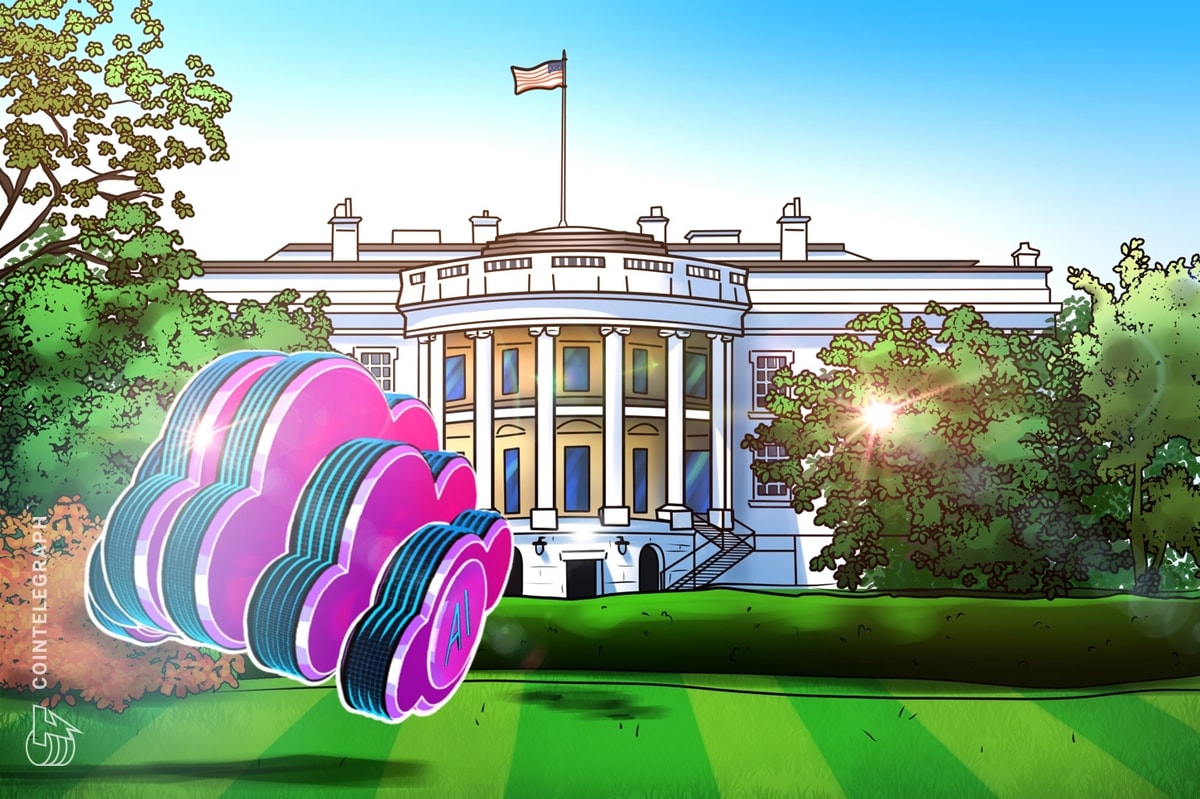Despite all the concerns surrounding the rapid development of artificial intelligence (AI), the development of artificial general intelligence (AGI) remains at least 10 years away, according to Robin Li, co-founder and CEO of Baidu.
AGI refers to hypothetical AI systems that will far surpass human cognitive abilities in the future, which is already causing widespread concerns, with some pointing to AGI’s existential risk to humanity.
Li said during his panel discussion at Viva Tech Paris 2024:
“AGI is still quite a few years away, I think more than 10 years away […] Today’s most powerful [AI] models are far from that. We don’t know how to achieve that level of intelligence yet.”
The prediction comes shortly after Ethereum co-founder Vitalik Buterin said that OpenAI’s GPT-4 generative AI model had passed the Turing test — a nebulous benchmark for AI systems purported to determine how humanlike a conversational model is.
According to Li, Baidu is one of China’s leading large language model (LLM) developers, with around 200 million cumulative AI users.
Related: Ether ETFs could drive ETH price to $10K, but approval could take until 2025
Solving pressing societal issues is the way towards AGI
While there is ongoing debate over the efficiency of open and closed AI development, builders should mainly focus on using the technology to solve pressing human concerns, which will ultimately lead to AGI, according to Li. He said:
“By solving [societal problems] you’ll be able to improve the foundational model that gets closer and closer to AGI.”
While seeing the first AGI that resembles human intelligence could take another decade, the development could solve the concerns related to the current population decline.
“If AI becomes as smart as humans, we solve the human problem […] Generative AGI can have the productivity of a billion people. Who will get there first I don’t know, but everyone’s life will be improved.”
Billionaire tech entrepreneur Elon Musk is one of the most prominent voices expressing concern about population decline. In an X post from August 2022, Musk wrote:
“Population collapse due to low birth rates is a much bigger risk to civilization than global warming.”
The yearly growth rate of the global population fell to 0.91% in 2024, down from 1.28% just 20 years ago in 2004, according to Worldometer data.












